I remember hearing Robert Mezey (1936 – 2020) read at San Diego State College in the spring, 1968. I was 20 years old and just beginning to get familiar contemporary poetry. I was taking two poetry courses with Glover Davis, one in creative writing and one survey of poetry course in which Sylvia Plath’s ARIEL was read in its entirety. Davis had studied at Fresno State under Philip Levine as an undergraduate who had first served a four year enlistment in the U.S. Navy., and he had then attended the University of Iowa’s MFA program. In his classes, I read — and re-read — Hart Crane’s THE BRIDGE as well as many poets in Donald Allen’s anthology, THE NEW AMERICAN POETRY.
Unlike now, when the budget to bring poets to a large state university campus such as Cal State Long Beach is not something the poets on campus have any control over, Davis was able to bring Allen Ginsberg, Robert Mezey, and Philip Levine to San Diego State in a single semester. Two years later, when I began reading an anthology Mezey had co-edited, NAKED POETRY, I also purchased THE DOOR STANDING OPEN, Mezey’s “new and selected” volume of poems, and it served as an outstanding example of the transformation that many poets made, who had attained recognition in the Hall-Pack-Simpson anthology, NEW POETS OF ENGLAND AND AMERICA.
Mezey’s shift to free verse, however, did not last the rest of his life. The drum-kit of meter is not that easily put aside, given what a pleasure it can be to work the high-hat. By the very early 1980s, Mezey was adamantly back at work in the formal arena. If it was unfashionable, and cost him a larger audience, he didn’t seem to care.
When he died, of covid-19 at age 85 in 2020, there was of course no public gathering to mourn one of our finest poets. Among the many who particularly admired him in Los Angeles, one would have to count both Suzanne Lummis and myself. Given how often Suzanne and I diverge in our tastes, it is no small thing that we both savor Mezey’s poems, and I was pleased to learn that she was selected to speak at the recent gathering at the Huntington Library in Mezey’s honor. Among the poets who spoke, in fact, I thought that Suzanne Lummis did the best job in not only speaking about his work, but in reading his poems so that every subtle palpitation in the verse resounded with an understated fervor. I also appreciated Jodie Hollander’s recollection of her first meeting with him and how much he subsequently nurtured her poetic maturation.
I myself had hoped to attend, but circumstances and my own faltering capacities led my absence. However, the event was recorded and is now available on-line. It’s worth watching all the way, I assure you, if only to hear Mezey read his great sonnet to the poet Thomas Hardy.
https://rail.huntington.org/Share/dqte03tx036dfa07156vcl82v6t785d3
One of the key things that comes across in the tribute is that Mezey truly lived a literary life: poet, translator, anthologist, and critic. Perhaps my personal fondness for Bob Mezey, however, derives from his commitment to other poets in ways that don’t fall into any literary category. For instance, while Dick Barnes was mentioned several times as Mezey’s co-translator of Borges’s poetry, no one apprized, let alone praised, the role Mezey played in getting a posthumous collection of Dick Barnes’s poems into print (A WORD LIKE FIRE). I had published one of Barnes’s books of poems and it meant the world to me that Bob Mezey did not let Dick’s work fall by the wayside.
I must say one thing about a particular comment by Dana Gioia about the second edition of NAKED POETRY: expanding the table of contents so that it included a greater variety of poets did not make it “useless.” Does Gioia not remember that the first edition had only ONE living woman poet (Denise Levertov)? ONE! And not a single poet of color? NONE. Even Donald Allen’s anthology had four women and one African-American poet, and that was in 1960. A decade later, the first edition of NAKED POETRY amounted to a full scale erection of a white man canon.
These kinds of choices do make a difference. Think of the difference it would have made to Bob Kaufman’s reputation if Allen had included him. Allen certainly knew about Kaufman’s work in the late 1960s, so he couldn’t plead that he simply hadn’t read as widely as he should have. I myself have faltered in that regard, so I am not in any position to judge Mezey for a lapse, but I’m not willing to sit back and accept Gioia’s dismissal of the second edition of NAKED POETRY. I do think it is the case that that anthology had already made its most important contribution, which was to help both Weldon Kees and Kenneth Patchen to regain some footing in the canonical discussion.
I want to close this post by coming back to Mezey’s homage to Hardy, in which the birth of Hardy is recounted as a near-death experience; Hardy only survives being set aside as stillborn because the midwife in attendance coaxed the lingering soul in Hardy’s infant body into taking its initial breath. In describing Hardy’s evasion of death before he had begun living, Mezey reminds us of our own unfathomable odds in being plucked from the abyss of unconsciousness. It is a poem worth memorizing. I would even go so far as to suggest a further absorption. Memorize it, and then recite it to yourself with your eyes closed. Then open your eyes and recite it out loud, imagining your inner voice, with closed eyes, in a duet with your voice propelling the words into your quivering ears.
And then, in grateful memory, say the poet’s name: Robert Mezey.


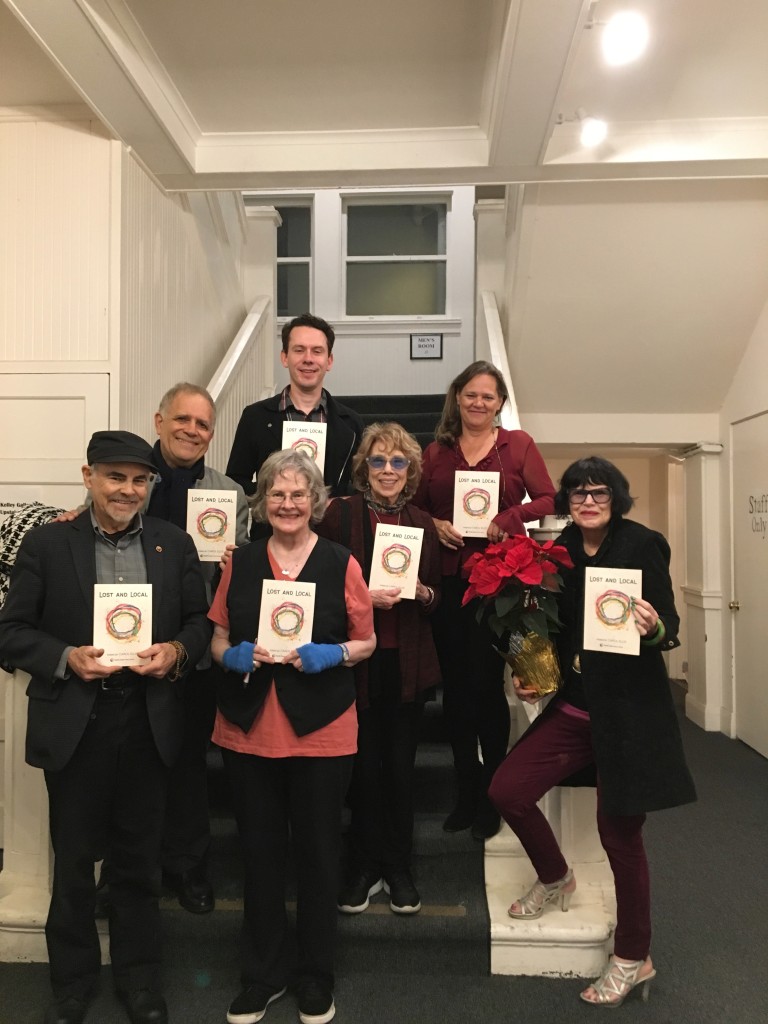
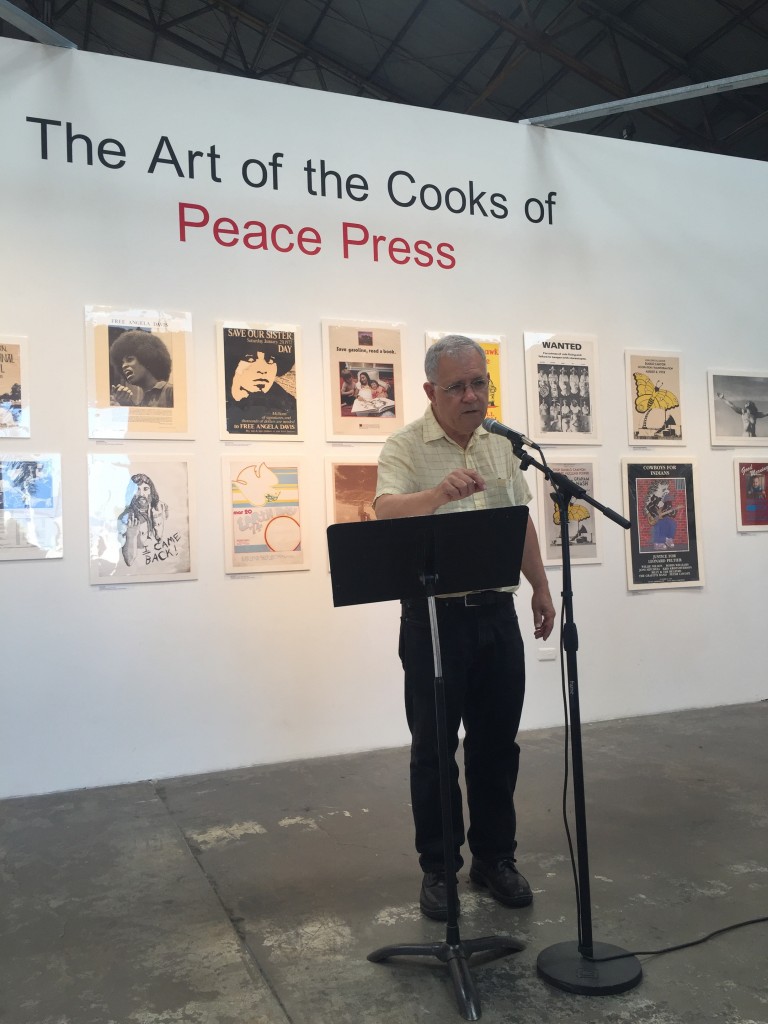
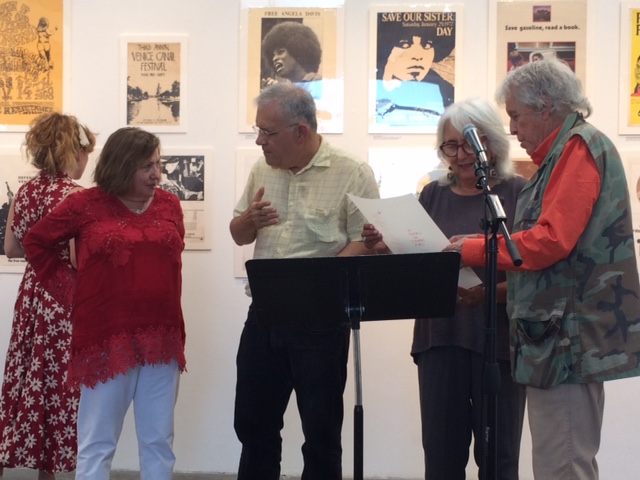
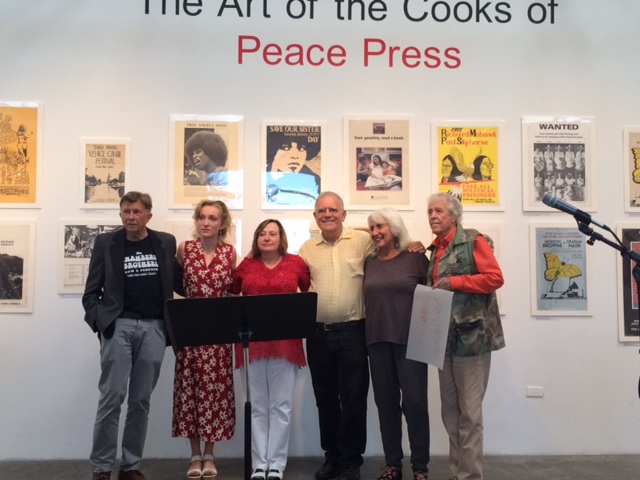
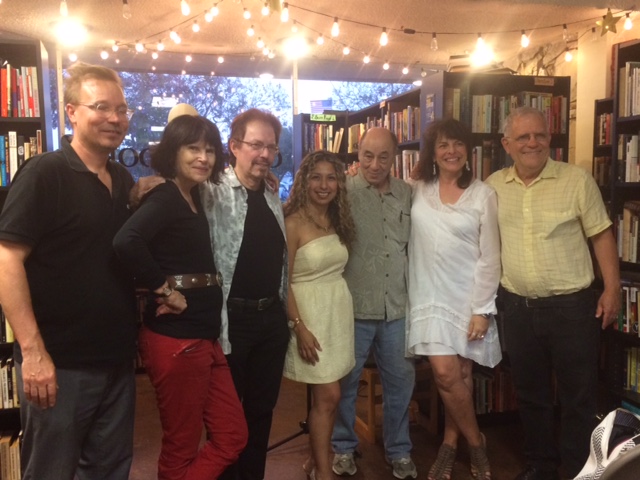
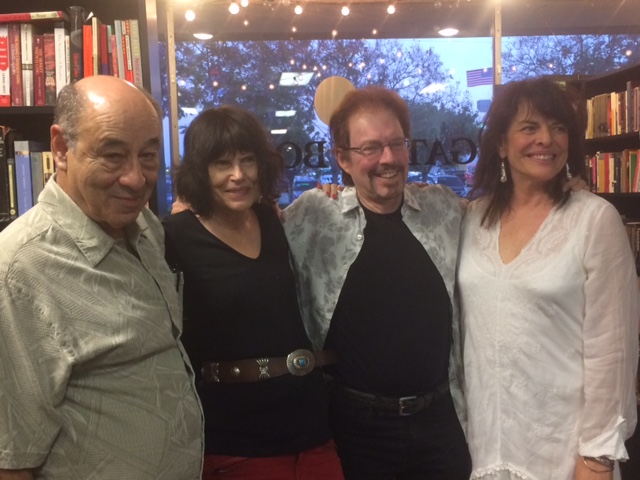
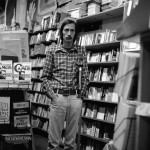
 About Bill Mohr
About Bill Mohr